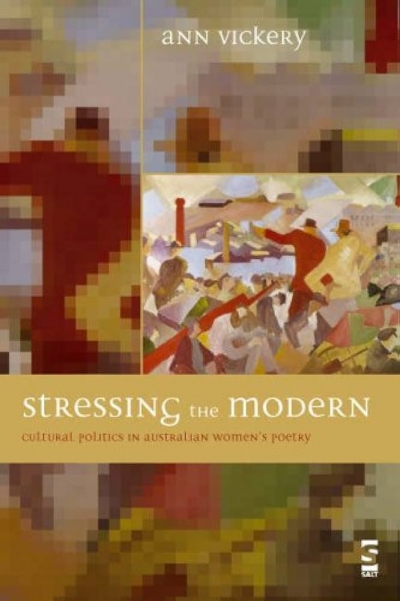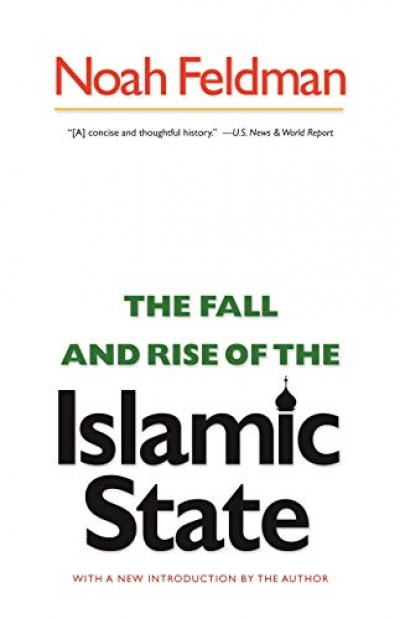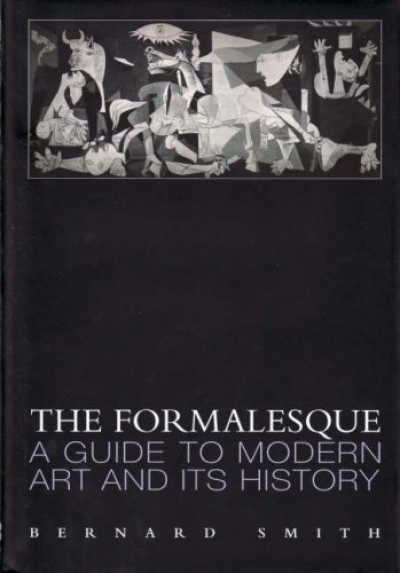Accessibility Tools
- Content scaling 100%
- Font size 100%
- Line height 100%
- Letter spacing 100%
Archive
Stressing the Modern: Cultural politics in Australian women's poetry by Ann Vickery
by Jennifer Strauss •
The Failure of Poetry, The Promise of Language by Laura (Riding) Jackson, edited by John Nolan
by Chris Wallace-Crabbe •
The Formalesque: A guide to Modern Art and its History by Bernard Smith
by Luke Morgan •
Turner to Monet: The triumph of landscape painting edited by Christine Dixon
by Mary Eagle •
Cups With No Handles: Memoir of a Grassroots Activist by Carolyn Landon et al.
by Marian Quartly •
Miss McAllister’s Ghost by Elizabeth Fensham & Take it Easy, Danny Allen by Phil Cummings
by Anna Ryan-Punch •










